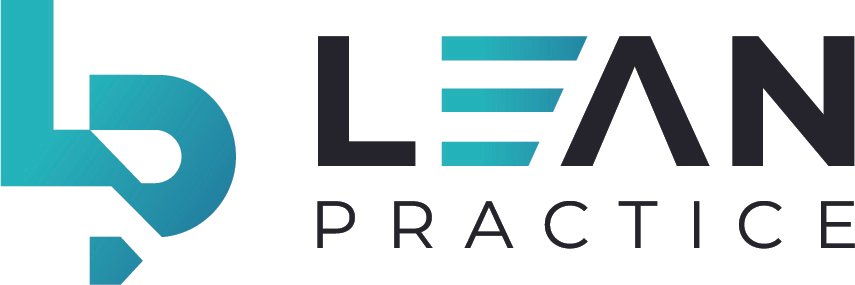Adaptive Challenge
Learn and think in new ways
The Adaptive Challenge
There are two types of challenge, the easy ones and not so easy ones.
Ronald Heifetz, in his book "Leadership on the Line" describes these challenges as Technical ones and Adaptive ones.
Technical Challenges - The easier one
Assumes the organisation has the current know-how to overcome the challenge.
The challenge is overcome within the formal authority and is often low to moderate difficulty.
It's a comfortable and safe approach for the leaders and those involved.
If the know-how isn't available in the organisation, they draft in experts who have the know-how and implement actions within departments where they have authority.
Directives are given to those closest to the problem often in the form of a new procedure to follow.
Adaptive Challenges - The not so easy ones
The challenge demands learning, a shift in thinking, a potential change of values, innovation.
The challenge calls on those closest to the problem/opportunity to deal with it.
It often requires going outside of formal authority to get it done.
It requires time and energy.
It isn't straightforward and often avoided
Most organisations we work with have treated new ways of working as technical ones, assuming that the new way of working is simply a modification of what they do. They forget that the change requires a shift in how they think, how they see the world and how they interact with it. We recognise this and help our clients with this adaptive work, the REAL WORK.
“The mark of leadership in the competitive world is leading others in adaptive work”
Tools that help us with the adaptive challenge:
Double Loop Learning
This learning involves our ability to go to our mental maps behind our strategies. Focusing here, you can create new strategies and a more significant bandwidth of actions to use. Single loop learning restricts your strategies with limited actions. You get into a repetitive loop of seeing the results that don't meet expectations, and then changing your actions without challenging your thinking; thus, you get what you always got. Double Loop changes that.
Ladder of Inference
A tool that illustrates how you make leaps of abstractions without testing your assumptions. This causes you to be blinded by them, the switch is to be guided by your hypothesis (which may be wrong!) and experiment.
Model 1 and Model 2
Default ways your mind thinks. Certain variables govern your thinking. The intent of which is to protect you, however in practice Model 1 hinders you, especially when under pressure. Learning how to stay consistent with Model 2 is at the heart of our system and helps you be more effective.
Immunity to Change
When you want to make a change but find yourselves doing something different, it is often because of a competing commitment. Something you value that seems to oppose the change you want to make. Or at least that's the narrative you create. Exploring this, you can challenge the assumptions you make and rewrite the story, making new changes easier to adopt.

